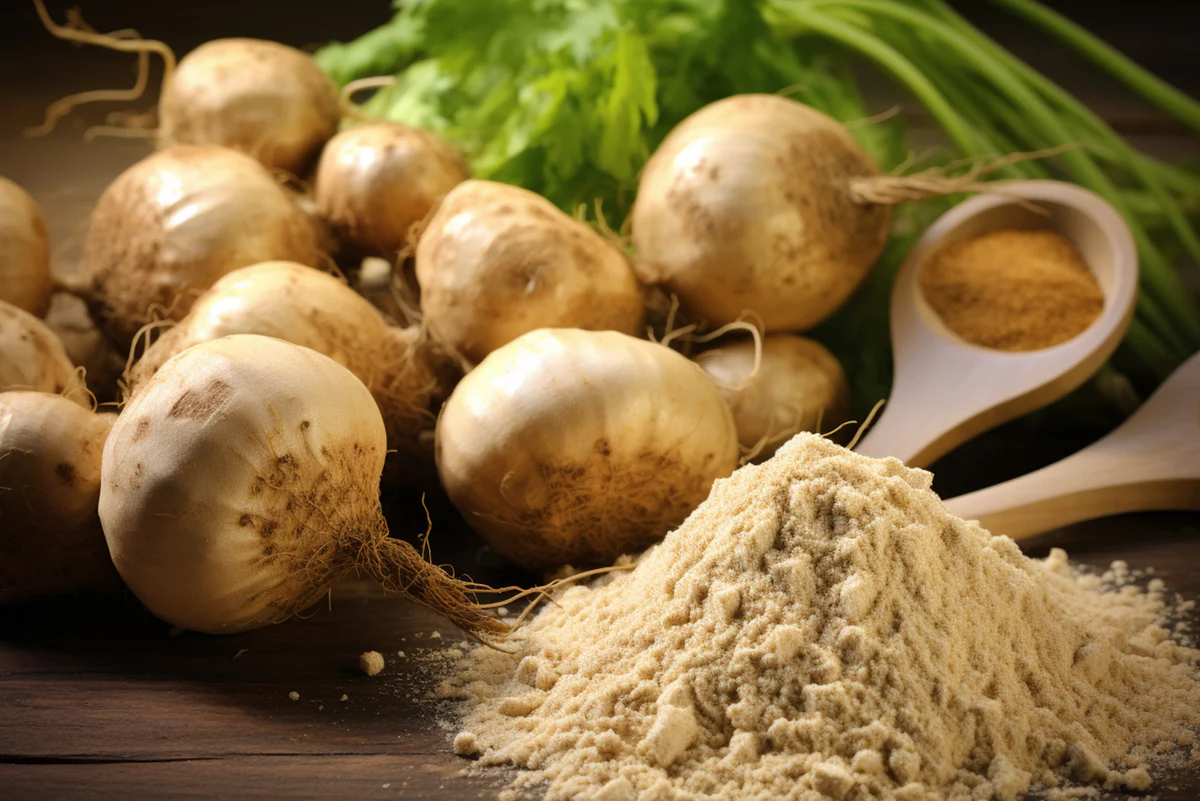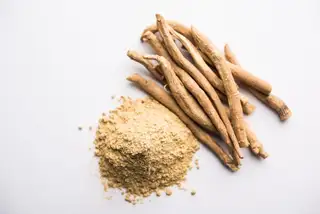
Natural Anti-Inflammatory Properties of Herbal Plants
Inflammation is a critical biological response to harmful stimuli, but chronic inflammation can lead to various health issues. Herbal plants have been used for centuries to combat inflammation, offering a natural alternative to synthetic medications. This blog post explores the natural anti-inflammatory properties of various herbal plants, their mechanisms of action, and how they can be integrated into a health-conscious lifestyle.
Introduction
Inflammation, while essential for healing, can become detrimental when chronic. Understanding the natural anti-inflammatory properties of herbal plants can offer a holistic approach to managing inflammation.
Herbal Plants and Inflammation
Inflammation results from immune responses to damaged or infected tissues. Herbal plants can intervene in the inflammatory process by modulating immune responses and reducing inflammation.
Common Herbal Plants with Anti-Inflammatory Properties
1. Turmeric (Curcuma longa) - Curcumin, the active compound in turmeric, has been shown to regulate inflammatory pathways and reduce inflammation in various conditions.
2. Ginger (Zingiber officinale) - Gingerols in ginger are responsible for their anti-inflammatory effects, with studies supporting their use in treating inflammatory conditions.
3. Green Tea (Camellia sinensis) - Rich in polyphenols that exhibit anti-inflammatory properties, green tea has been linked to reduced inflammation and improved overall health.
4. Chamomile (Matricaria chamomilla) - Known for its calming and anti-inflammatory compounds, chamomile is used for its soothing effects on inflammation.
5. Other Notable Herbal Plants - A brief mention of other plants like willow bark, yarrow, and marshmallow root for their anti-inflammatory properties.
Mechanisms of Action
Herbal plants interact with the body's inflammatory pathways, such as the NF-κB pathway, and regulate immune responses to reduce inflammation.
Evidence-Based Research
Clinical trials and studies support the anti-inflammatory effects of these herbs, though limitations and the need for further research exist.
Benefits and Applications
Therapeutic uses of these herbal plants in treating various inflammatory conditions, their role in chronic disease prevention, and overall health maintenance are discussed.
Precautions and Considerations
Possible side effects, interactions with medications, and the importance of correct dosage and professional advice are highlighted.





